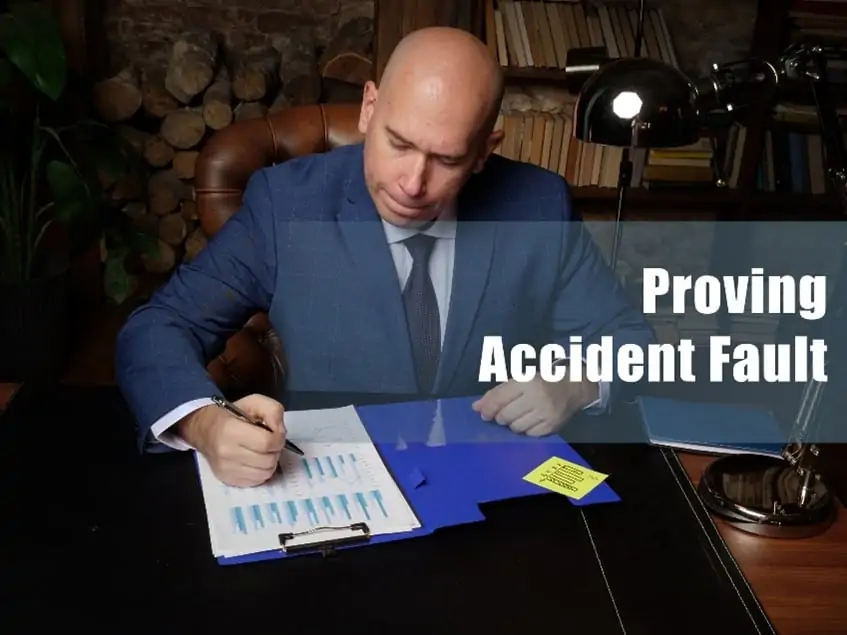
The person or persons who are bringing the lawsuit are referred to as the plaintiff or plaintiffs. In a personal injury lawsuit, the plaintiff has the burden of proof to prove all of the facts and allegations of the lawsuit by a preponderance of the evidence. A preponderance of the evidence simply means that a fact or allegation is more likely so than not, or 50.1% true to win vs. 49.9% to lose the action.
The defendant does not have to disprove the plaintiff’s allegations in order to win. So, if the plaintiff is unsuccessful in proving all or any one of the elements of his/her lawsuit, the case is over and the defendant wins. However, once the plaintiff has proven that his/her allegations are more likely so than not true, the burden then shifts to the defendant to show that they are not true.
The normal elements of a personal injury lawsuit are:
- Liability
- Causation
- Damages
Liability is the most important element of a personal injury lawsuit that must be proven by the plaintiff. This means that the plaintiff has the burden of proving that the defendant was negligent. Negligence is a concept that relies on the standard of what a reasonable person under similar circumstances would do. A person cannot be negligent if that person had no duty to act in a certain manner.
For instance, the law requires that all persons must come to a stop at a stop sign. That is the duty imposed by the law. If a person fails to stop at the stop sign thereby breaching that duty, then that person will be deemed negligent. This is because a reasonable person under like circumstance would follow the duty to stop imposed by the law.
Sometimes, like in the above example, the law imposes the duty by statute, or ordinance. However, the duty in some types of personal injury cases is not always contained in a statute or law. Some duties can be imposed as an industry standard or imposed by the person themselves.
An example of a duty imposed by the person themselves can be seen in the area of premises liability in some states. The law does not generally require that an owner of a business or apartment complex must have security to guard the business or complex from criminal acts or assaults of third persons.
However, if the business takes on the responsibility to provide security cameras, security guards or other security measures, then those security measures must be implemented without negligence. Thus, an apartment complex that hires a security guard that falls asleep during his shift allowing am assailant to commit a crime against a victim may be liable for the negligence of that security guard.
The point is that a duty may be imposed in many ways other than by a law or statute. In most personal injury cases, in order to prove the liability element of the lawsuit, it will be necessary to hire an expert witness to review the actions of the defendant in the matter to determine whether the defendant was negligent or failed to comply with a standard of care.
Witnesses at a trial are NOT allowed to testify to their opinions about a matter in most circumstances unless they have been qualified as an expert witness on the subject matter about which they seek to give an opinion. This means that family members and other fact witnesses are not allowed to testify that they believe that the defendant was negligent.
And when the plaintiff hires expert witnesses to prove the liability element of a personal injury case, the defense will also usually hire their own expert witness to try to disprove what the plaintiff’s expert witness will say about their liability in the matter. Thus, many cases come down to a “battle of the experts” on liability.
The judge or jury can choose which of the experts in the case to believe or disbelieve. So if the judge or jury believes what the plaintiff’s expert is testifying to, then the plaintiff will win the case even though the defense hired their own expert with a different opinion. This is often referred to as choosing which expert (plaintiff’s or defendant’s) is more credible. And credibility determinations are always a question for the judge or jury.
This is why choosing an expert to help establish liability in a personal injury case is so important. If that expert is not credible, the judge or jury will know it and the case will be lost. Similarly, if the defense only hires experts that are known to testify for the defense in every case that the defendant never does anything wrong, the judge or jury could ignore that opinion as not coming from a credible expert witness.
